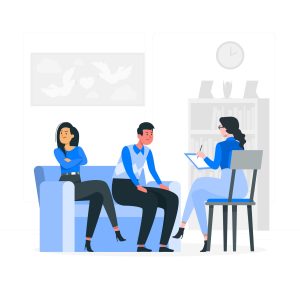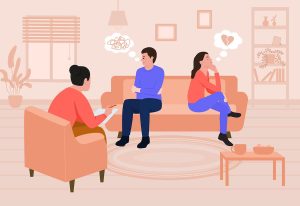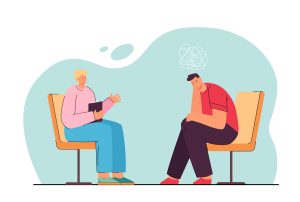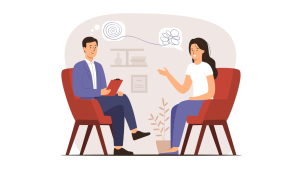
Trauma In Relationships: The Hidden Barrier To Love And Connection
Trauma can create a lens through which you view the world as an unsafe, unpredictable, and unwelcoming place. This distorted view can extend to your

Trauma can create a lens through which you view the world as an unsafe, unpredictable, and unwelcoming place. This distorted view can extend to your

So, you have tried having “the conversation” with your partner about going for couples counseling. You went in with hope, and a tinge of excitement

The decision to take up counseling can be confusing. Choosing the right therapist can be difficult, as there are different forms of therapy available around

Online counseling is a service that addresses mental health issues and is provided via video call, chat, phone, or email. Today, psychological support and counseling

Mental health is essential for our overall well-being, and when we struggle emotionally, it can affect every aspect of our lives. Psychological counseling is an

We specialize in combining psychotherapy with deep wellness practices like mindfulness and meditation and creating a customized mental health plan for individuals and organisations.
We specialize in combining psychotherapy with deep wellness practices like mindfulness and meditation and creating a customized mental health plan for individuals and organisations.

A young woman from another country moved with her family to live for one year in a town near the monastery. When, in the course of the year she discovered the monastery, she would periodically visit to have discussions with the Abbess. The Abbess introduced her to meditation, which became very meaningful for the young woman.
When the family’s year-long stay was drawing to an end, the young woman asked the Abbess, “In my country there is no Buddhism and no one has even heard about meditation. How can I continue to learn and deepen the practice you have started me on?”
The Abbess said, “When you return home ask far and wide for who, among the wise people, is recognized as having the greatest ability to listen. Ask that person to instruct you in the art of listening. What you learn about listening from such a person will teach you how to further your meditation practice.
― Gil Fronsdal, A Monastery Within: Tales from the Buddhist Path